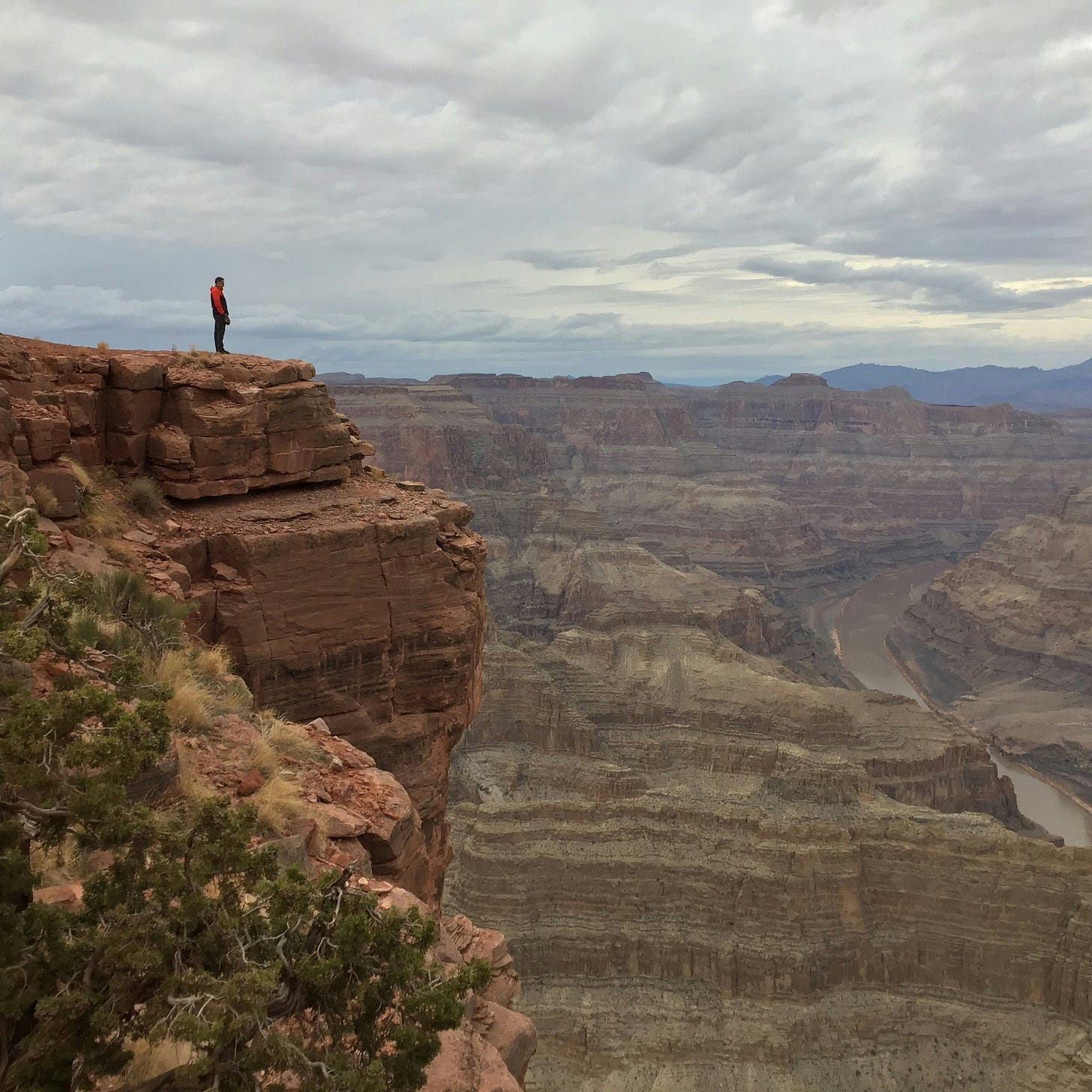Mind the Gap
Homily for Sunday, September 28, 2025: Twenty-sixth Sunday in Ordinary Time

Today’s Gospel parable always calls to mind the memory of my first trip to Haiti. That, I think, was my first real sense of the relationship described in the parable.
It’s a common thing, in preaching or in any study of the Biblical parables, to ask ourselves, who am I in this parable? And in this particular case of the wealthy man and the poor Lazarus, I could always honestly say, none of the above. I’ve never been in such an impoverished state as to long for the scraps that fall from the rich man’s table. But neither have I ever been much for fine linens or dining sumptuously each day.
But some time spent in Haiti really shifted my perspective on wealth and poverty. I came to realize how a simple accident of birth, a circumstance of geography, afforded me a wealth of benefits and privilege that I hadn’t recognized. I began to see that, on an international scale, we are the Rich Man with Haiti as the poor Lazarus at our gate.
Shortly before our return to the US, I was speaking with another missionary about the experience. She recalled her own first trip to Haiti and remarked that, when she returned to the US it was several months before she could pour a glass of water down the sink again. I found myself feeling a bit of disappointment in realizing that that time would, eventually, come.
Disappointment that we might eventually fall back into that complacency that Amos warns us against in the first reading. The complacency of the Rich Man, failing to notice the poverty at his doorstep.
These readings today serve to remind us that there is poverty all around us. We shouldn’t need to travel to different countries to find it. We only need to notice those around us.
Saint Teresa of Calcutta was once asked about the difference she found in serving the poor around the world, how the US, for example, was different from India.
She responded, There are many kinds of poverty. Even in countries where the economic situation seems to be a good one, there are expressions of poverty hidden in a deep place, such as the tremendous loneliness of people who have been abandoned and who are suffering.
She recalled the experience of visiting a home for the elderly, noticing how the residents were always watching the door waiting and hoping for a visitor.
She recounted how some of her Sisters of Charity took care of the body of a woman who had died in her apartment in New York City – a woman who had died alone, whom even the neighbors in her building knew nothing about.
Mother Teresa said, As far as I am concerned, the greatest suffering is to feel alone, unwanted, unloved.
As Christians we are called upon to give of ourselves – our time, talent, and treasure, and to offer it wherever it might do the most good. The Gospel today reminds us that we might not have to look any further than just outside our own door.
I don’t remember where I first came across this idea, but it has stayed with me whenever I reflect on this particular Gospel parable and the “great chasm” which Abraham says separates Lazarus from the Rich Man.
It’s been suggested that this great chasm is one of the Rich Man’s own making. It represents the distance he put in life between himself and the suffering Lazarus.
It was the work of a lifetime, creating that chasm which after death he could never cross. But during his lifetime it would have been a simple matter to close that rift with just an outstretched hand.

